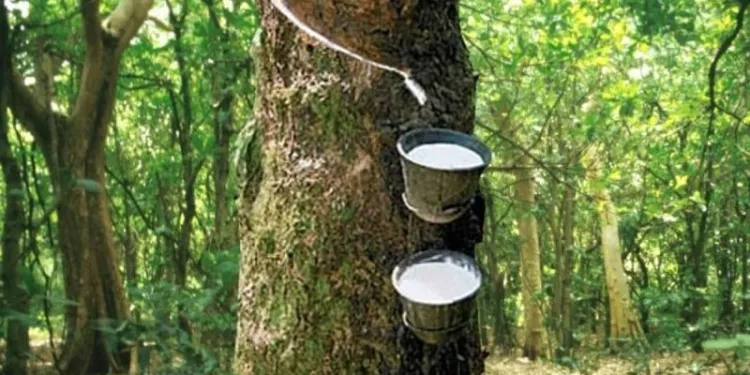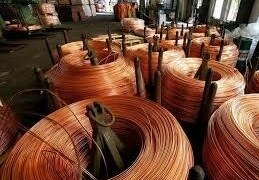The government should pay more attention to promoting rubber processing as a long-term solution to low rubber prices instead of short-term price intervention, say industry executives.
Chayo Trangadisaikul, the managing director of Bangkok Metropolis Motor Co, said increasing the amount of rubber to be processed would reduce the amount to be exported and thus help to shore up the price.
“Price intervention for raw rubber is only a short-term solution, while supporting the processing sector would help to push up prices in the long term,” said Mr Chayo, who is also deputy secretary-general of the Federation of Thai Industries.
Industry permanent secretary Witoon Simachokedee said his ministry will focus on setting up a joint public-private committee on rubber and ask the Thai Industrial Standards Institute to impose a standard for tyres that complies with UN Economic Commission for Europe regulations.
Thailand’s 15 tyre producers send their products abroad for testing.
The process takes two or three months compared with 30-45 days if a testing facility were available locally.
Building one would cost 1 billion baht and be the first of its kind in Asean, said Mr Witoon.
Ekachai Limpichotipong, the director of Otani Tire Co, said imposing such a standard for imported tyres would ensure only safe products enter the country.
“This is the first time in history that the government is paying attention to the mid- and downstream rubber sectors,” he said.
Meanwhile, the Industry Ministry will meet with the Government Savings Bank to discuss details of 15 billion baht in soft loans for rubber processors.
Details are expected to be finalised within the next few months.
Some 527,000 tonnes of raw rubber were used in processing rubber products in the first half of this year _ 363,000 tonnes for tyres, 70,000 for rubber gloves, 70,000 for elastic threads and the rest for other products such as condoms.
The amount looks set to increase to 750,000 tonnes next year and 1 million in 2015.
Thailand processes only 13% of the 3.7 million tonnes of natural rubber it produces each year.
In a Khon Kaen University poll, 54% of 1,074 respondents in 20 northeastern provinces said the government’s rice pledging scheme is causing disparities between farmers of different products.
Source: Bangkok Post




























